Liposome Characterization Technologies
Inquiry
Liposome characterization is essential in pharmaceutical research and development, especially for studying drug delivery systems. At CD Formulation, we provide precise analysis and characterization of liposomes, delivering efficient and reliable data support to our clients. Our commitment to technical excellence and process management ensures that our services lead the industry in quality.
About Liposome Characterization
To ensure the proper functioning of liposomes as carriers for biologically active substances, it is essential to characterize their properties, including size, bilayer structure, surface charge, quantitative composition, and encapsulation efficiency. Common methods for analyzing and characterizing liposomes include nuclear magnetic resonance (NMR) for studying membrane fluidity and thermally induced phase transitions, dynamic light scattering (DLS), atomic force microscopy (AFM), fluorescence spectroscopy, high-performance liquid chromatography (HPLC), and capillary electrophoresis.
Our Liposome Characterization Technologies
| Facilities and Techniques |
Specifics |
X-ray Diffraction Technique
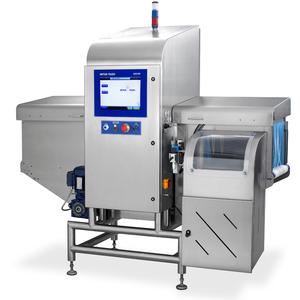 |
- Utilizing this technology, we assist our clients in investigating the lipid bilayer structure, size, distribution, and internal organization of liposomes.
|
Small-Angle X-ray Scattering (SAXS) Technique
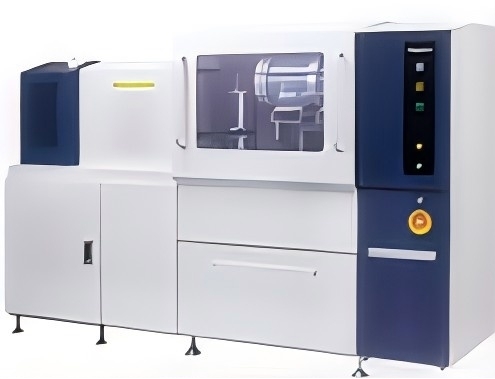 |
- Non-invasive, and no radiation damage when utilizing a laboratory X-ray source.
- This technology is employed for the analysis of nanoscale structure and size in various materials, with typical applications encompassing the characterization of nanoparticles, colloids, surfactants, protein solutions, and polymers.
|
Electron/Atomic Force Microscopy Technique
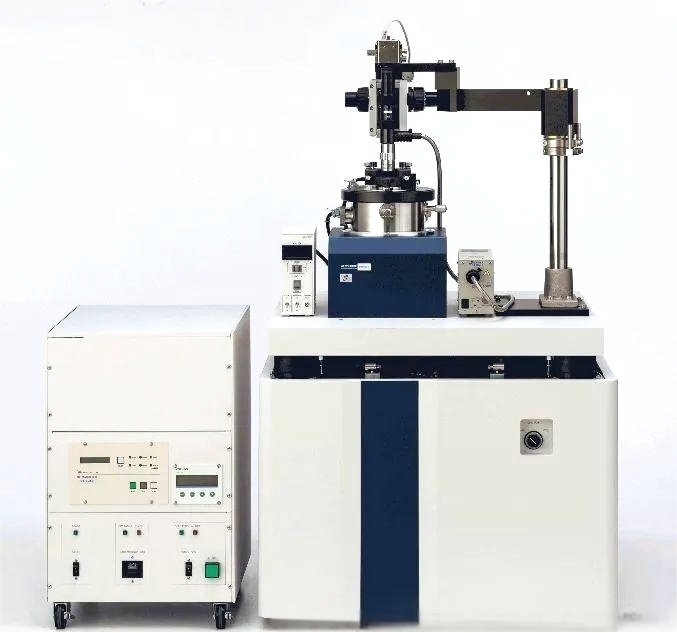 |
- This technique is employed to investigate the structural properties of lipid nanoparticles, assess their rigidity, and analyze their interaction with DNA.
- Our AFM technique can also be utilized to examine the morphology and architecture of lipid nanoparticles in dispersions.
|
Light Microscopy Technique
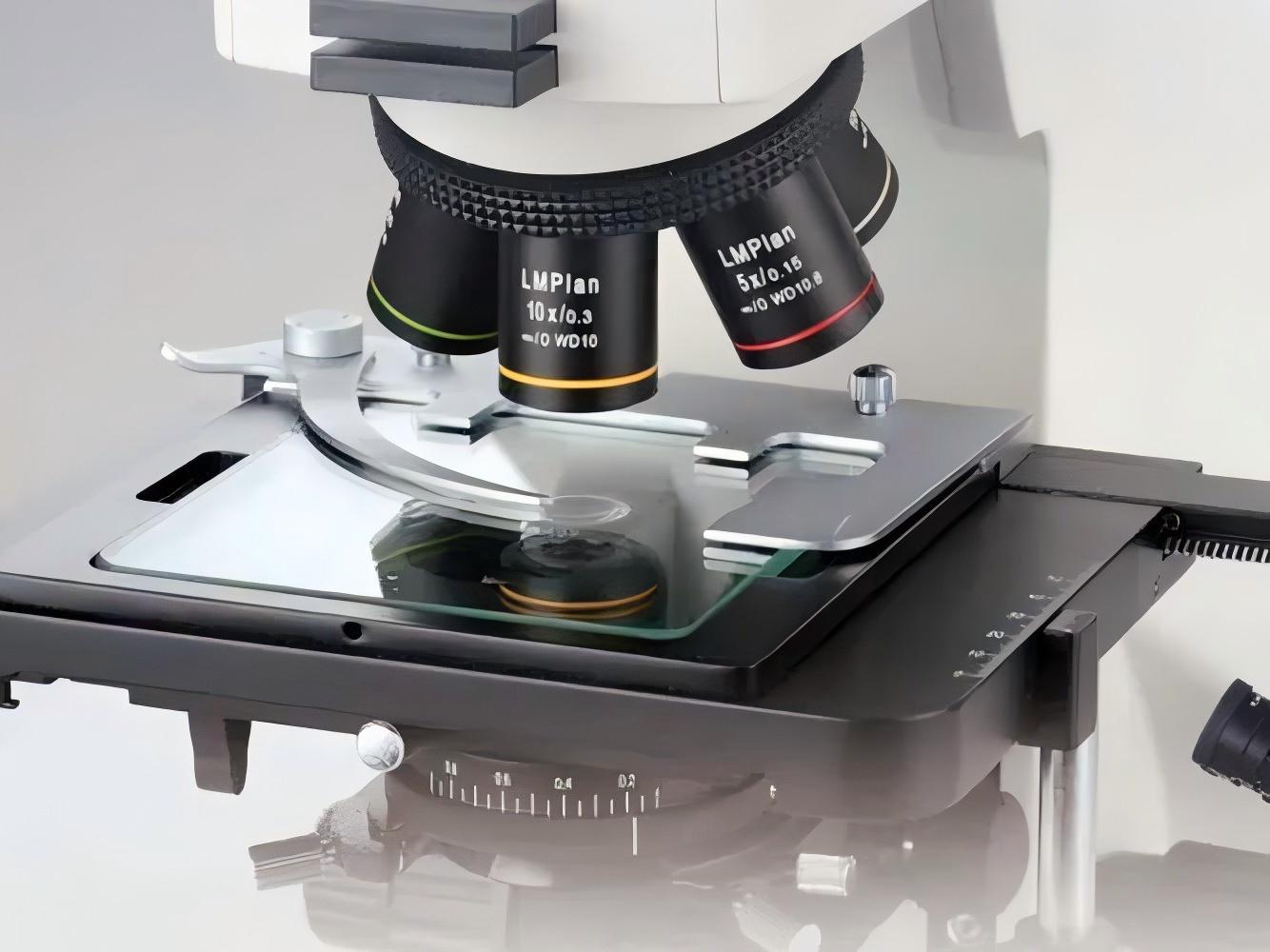 |
- Our light microscopes are a fundamental tool in liposome technology.
- Particularly well-suited for studying liposomes including giant unilamellar vesicles (GUVs), multilamellar vesicles (MLVs), and large unilamellar vesicles (LUVs).
|
Dynamic Light Scattering Technique & Zeta Potential Technique
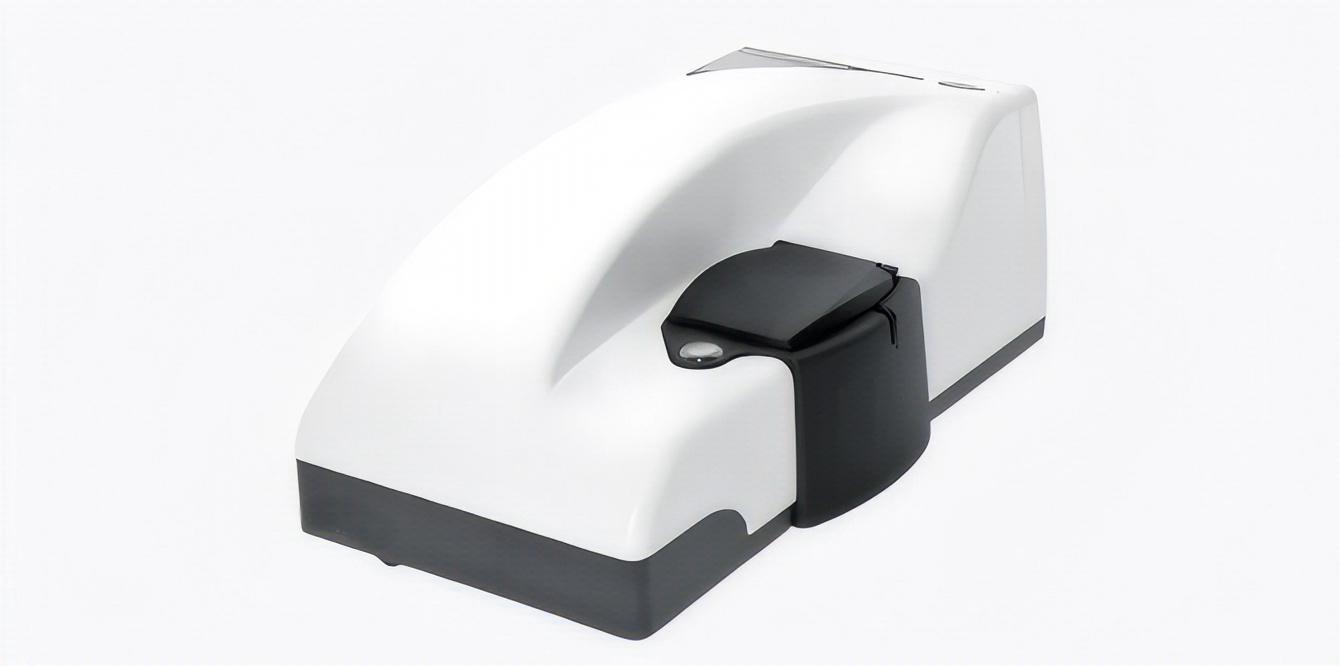 |
- Frequently utilized for measuring the dimensions of sub-micron liposomes.
- Our zeta potential technology is applicable for analyzing various colloidal and dispersed systems, such as metal oxides, proteins, liposomes, and emulsions.
|
Differential scanning calorimetry (DSC) Technique
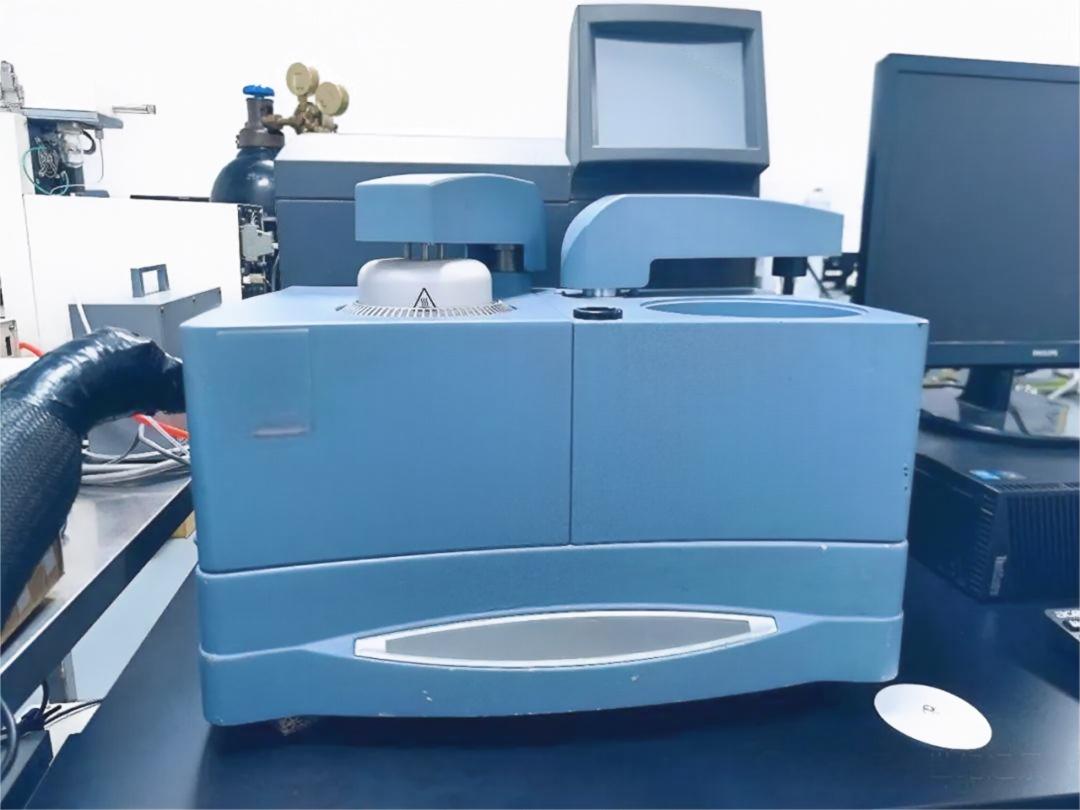 |
- Monitoring the interactions between liposomes and biologically active molecules, as well as drug delivery systems.
- Characterizing liposomal formulations, including their chemical composition and physical state.
- Potential behavior prediction of future drug delivery liposome platforms.
- Analysis of the thermodynamic parameters that impact the stability of liposome suspensions under specific storage conditions.
|
Size-exclusion chromatography (SEC) Technique
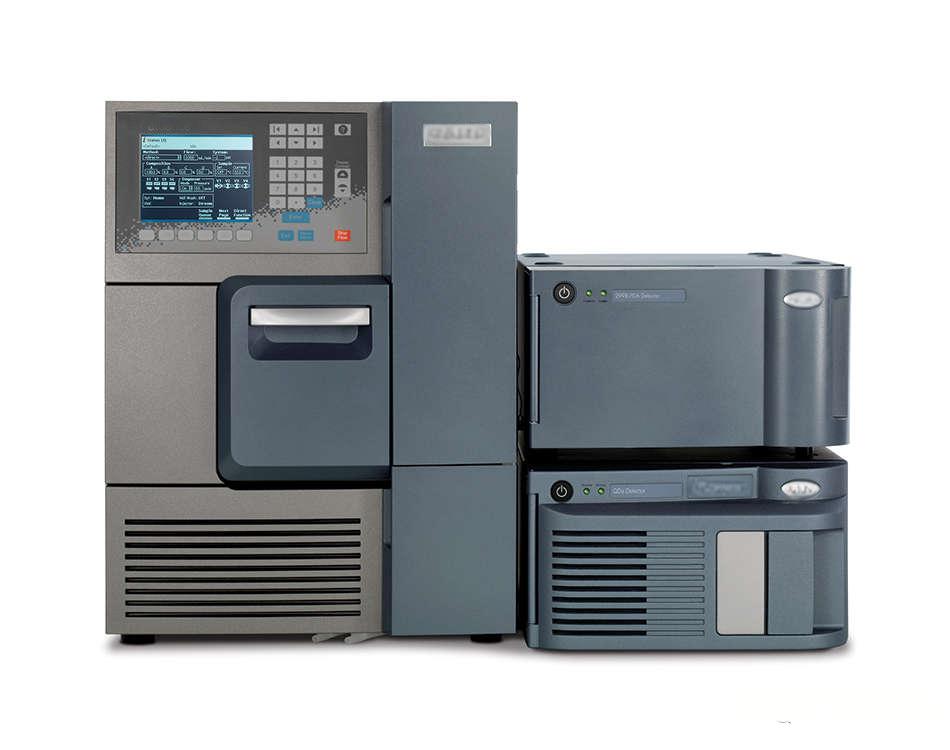 |
- Our size-exclusion chromatography (SEC) technique is mainly used to separate liposomes and small solutes and analyze liposome properties such as encapsulation rate, dispersion, size, stability, etc.
|
FT-infrared (FT-IR) Technique
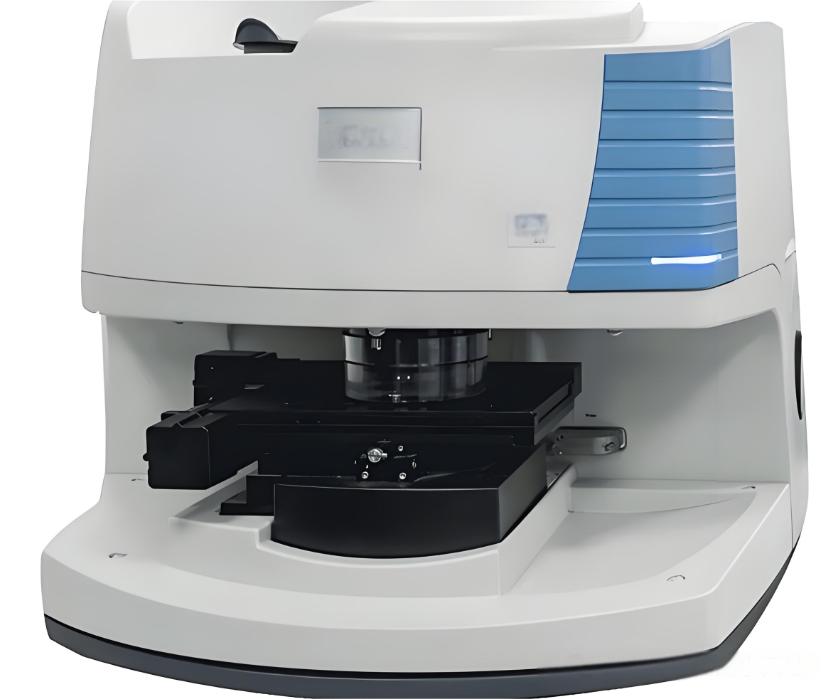 |
- We utilized this technology to analyze the FTIR spectra of phospholipids, active compounds, and final liposomes to elucidate the occurrence of interactions between the active compounds and the various components.
|
Liposomal Electrokinetic Chromatography (LEKC) Technique
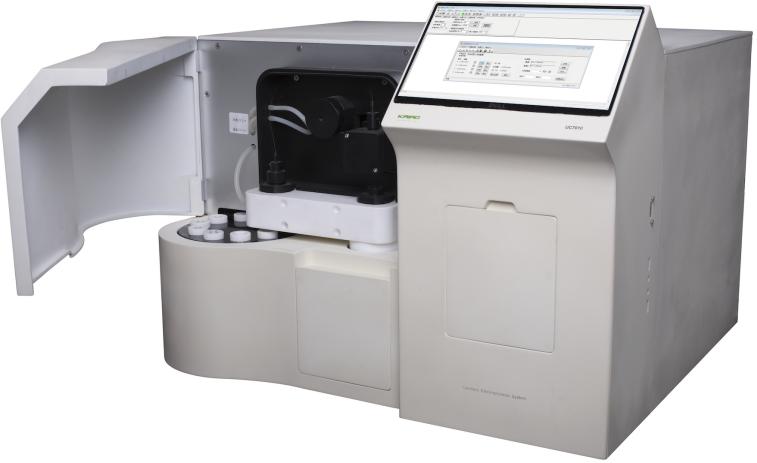 |
- Our LEKC technology is utilized for determining liposome-water partition coefficients and assessing the interaction of acidic drugs with biological membranes.
- The LEKC method serves as a rapid and cost-effective screening tool for early prediction of a candidate drug's potential to induce lysosomal storage disorders.
|
Why Choose CD Formulation for Liposome Characterization?
- Advanced Techniques for Characterizing Liposomes. Our liposomal characterization involves several advanced techniques that provide insights into their size, morphology, composition, stability, and interactions with other biological molecules. The key advanced techniques used for liposome characterization include DLS, Cryo-EM, and DSC. The choice of techniques often depends on the specific aspects of liposomes that need characterization, the formulation under study, and the intended application (e.g., drug delivery, vaccine development). Combining multiple techniques allows for a comprehensive understanding of liposome properties and behavior in biological systems.
- Sophisticated Analytical Instruments and Equipment. Here, we have several sophisticated analytical facilities for liposome research and development. Our research center is equipped with state-of-the-art mass spectrometers, nuclear magnetic resonance (NMR) spectroscopy instruments, and high-performance liquid chromatography (HPLC) systems. These advanced analytical tools enable us to conduct comprehensive analyses of liposome composition, structure, and stability. Furthermore, we have invested in cutting-edge microscopy equipment such as transmission electron microscopes (TEM) and atomic force microscopes (AFM), which allow for detailed visualization and characterization of liposomal morphology at the nanoscale level.
- Expert Liposome Analysis Team. Our team of highly skilled scientists and researchers, specializing in the analysis and study of liposomes, is dedicated to leveraging cutting-edge technology and advanced analytical techniques to provide comprehensive insights into liposome behavior, composition, and functionality. Through rigorous experimentation and data analysis, we are committed to advancing liposome research and development.
Explore Our Liposome Characterization Services
Liposome Biological Evaluation
CD Formulation has amassed an extensive wealth of expertise and experience in the field of liposome biology, with a focus on understanding their unique distribution patterns in various biological systems.
Liposome Membrane Permeability Testing
Our team has successfully developed and implemented a wide range of analytical methodologies and quality benchmarks for liposome membrane permeability testing over the years.
Liposome Zeta Potential Testing
The liposomal zeta potential analysis center at CD Formulation employs a wide range of cutting-edge detection technologies and equipment to ensure precise and efficient measurement of liposomal potential, catering to our clients' liposomal quality assessment requirements.
Liposome Drug Loading Testing
We screen suitable methods for the separation of free liposomes, empty loaded and drug-coated stable liposomes. We help our customers determine the exact load and optimize the analysis of the load based on the pharmacodynamic assessment of the different load.
Liposome Morphology/Structure Analysis
Professional services are available for our clients such as real-time analysis of liposomes, analysis of liposome internal structure, study on liposome shape and morphology, and study on liposome surface characteristics.
Encapsulation Efficiency (EE%) Testing
Our evaluation methods include centrifugation, ultrafiltration, agarose gel column chromatography, microcolumn chromatography, dialysis and counter-dialysis, as well as albumin agglutination and fluorescence detection.
Liposome Lamellarity Analysis
The layered structure plays a crucial role in defining the characteristics of liposomes; it determines the encapsulation efficiency, mediates the diffusion rate of encapsulation agents from the liposomes, controls the release of the active payload, and permeates into cells, etc.
Liposome Phase Transition Temperature Analysis
The phase transition temperature of the lipid membrane affects the stability of the lipid bilayer membrane, and appropriate methods should be selected for study (such as differential scanning calorimetry, etc.).
As a leader in nanoparticle technology, CD Formulation specializes in providing precise liposome characterization services tailored to researchers' needs. Contact us for expert assistance in understanding your liposomal formulations.
How It Works
STEP 2
We'll email you to provide your quote and confirm order details if applicable.
STEP 3
Execute the project with real-time communication, and deliver the final report promptly.
Related Services











